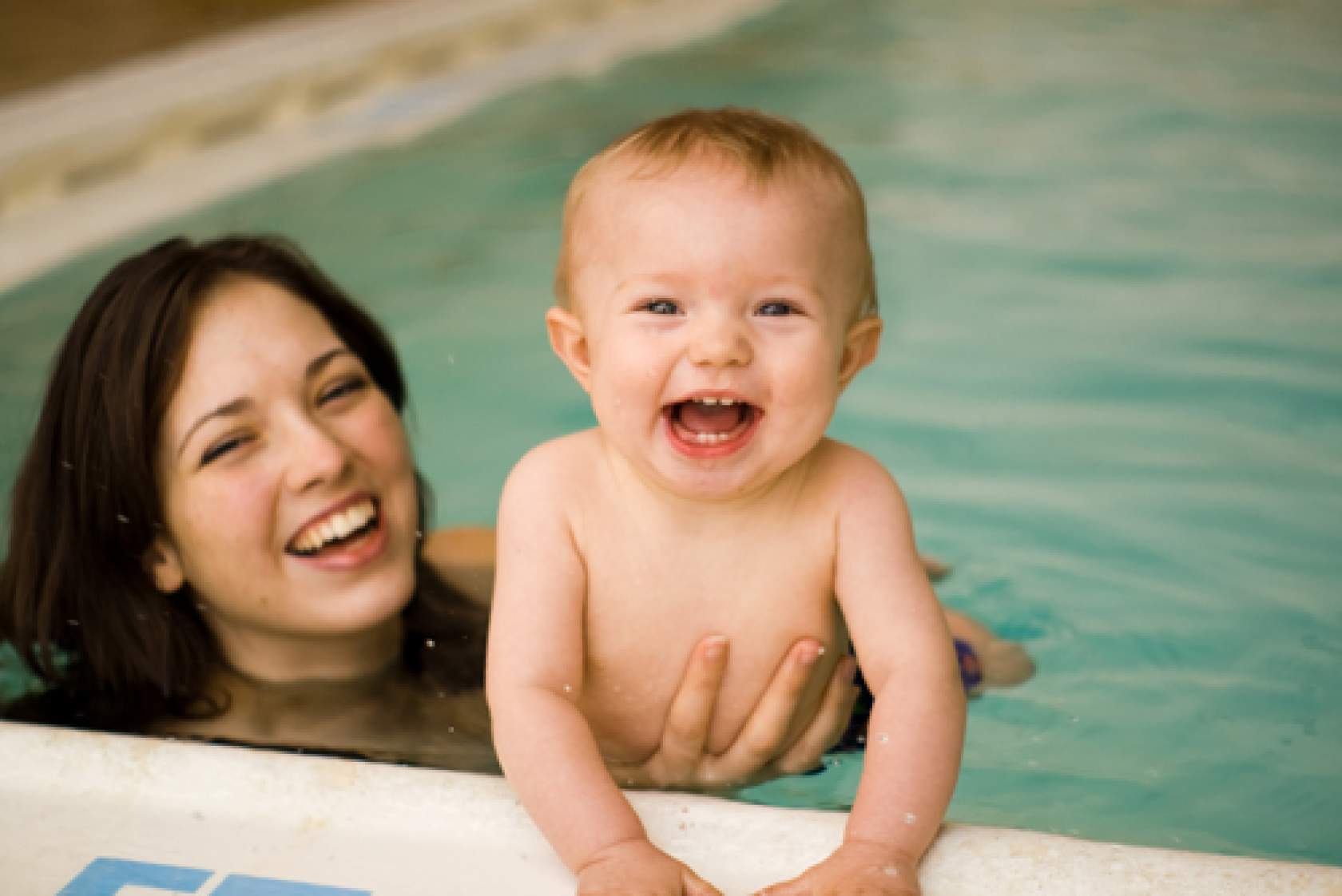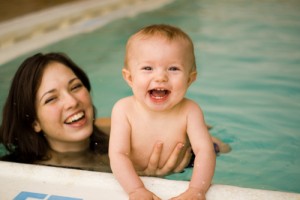Does swimming make kids smarter?


Early results from a major research project at Queensland’s Griffith University indicates the answer might well be "Yes!".
Over the years, many learn-to-swim teachers have noticed that young children in their classes seem to be more confident, smarter, more social and interact better with their peers than children who don’t swim.
Could this really be the case? Is there any hard evidence that this is true? Does swimming offer extra potential for young children?
Acting on what is clearly more than a hunch, Laurie Lawrence and Ross Gage (Swim Australia) approached Professor Robyn Jorgensen at Queensland’s Griffith University in 2007 to test the theory. They wanted an Australia-wide large-scale research project set in motion to test whether swimming in the early years had benefits for young children.
The only previous study of this type was conducted in Germany three decades ago.
Professor Jorgensen and her team have launched into a major study to find out: (a) The physical, emotional, social and intellectual benefits of learning to swim in under-5s; and (b) What factors enhance the benefits in different learn-to-swim contexts.
Approximately 45 swim schools across Australia, New Zealand and the USA have contributed funds to enable the research to be conducted by the team of researchers from Griffith University in Brisbane and the Gold Coast.
Professor Jorgensen leads the team of researchers that includes Associate Professor Peter Grootenboer and Dr Bob Funnell. It is anticipated the study will take three years. It draws on a wide range of methods to test how, and to what extent, early years swimming adds benefits to young children.
In the first phase of the study, a large survey had been administered to parents of early-years swimmers seeking information about their children’s development. The questionnaire – available on paper and online – seeks to determine if children have met, or surpassed, developmental milestones. To date, more than 4000 surveys have been completed and by the end of study, it is hoped that there will be more than 10,000 responses.
This will make it one of the largest (if not the largest) study of its kind to be undertaken internationally. Results from this first phase indicate that children involved in learn-to-swim are ahead of the game –that there are benefits to cognition (intellectual development) and physical development as well as marginal benefits to social and language development. Parents have reported that their children are often well ahead on developmental milestones compared to same-age non-swimming peers.
If this data continues to show marked improvements in the ways in which children’s thinking and learning can be enhanced, then the study has considerable implications for the swim industry and families.
Swimming has advantages over other activities
“We have been asked by a lot of people – what about other types of sport?” says Jorgensen. “The interesting thing here is that children can participate in learn-to-swim before they can walk. No other ‘sport’ offers the same scope for the participation of young children. We have parents in the water with their kids from the time they are six months old.
“And, yes, lots of parents are initially introducing their kids to the water for safety, and that’s important,” she says. “But what we’re finding is that the benefits of involvement in learn-to-swim are quite substantial. “Children enjoy the aquatic environment; they are listening to their teachers and following instructions. They are enjoying the company of their peers. They are developing lifelong skills.
“The study is in its first two years and results are beginning to emerge but it is still early days and we are cautious about making too many claims from these early results. “We are utilising a wide range of methods to ensure that the claims we make will be accurate. However, we are quietly confident that some very interesting results will be reportable in the near future.”
This is an abridged version of the story appearing in the August September 2011 Issue of SPLASH!. Please look to the printed edition of the magazine for more detailed information.
For further information about the study, email Professor Robyn Jorgensen’s research team at Griffith University at [email protected].
Go to QuickLinks for more recent information on this story.




